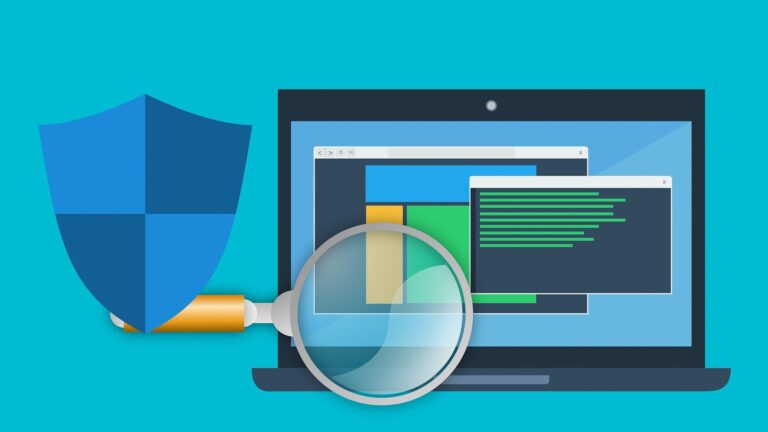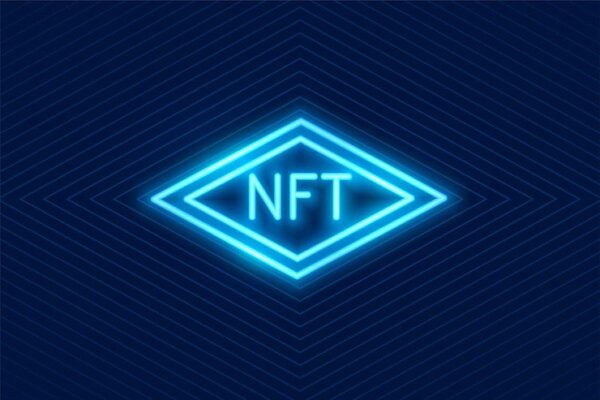The Internet has seen a massive increase in usage over the last decade. Thanks to smartphones and high-efficiency yet cost-effective computers. Another reason is that the hard-working developer community has made the development and use of software increasingly easy, requiring less and less technical sophistication. The capabilities of software programs have also been exponentially enhanced. The need for distributed computing and global connectivity to keep up-to-date on current trends is a reason for businesses to increase their online presence.
However, as an end-user, you cannot fully rely on the security measures taken by the companies that sell you the products you use. There are a lot of ways you can make mistakes and make all security measures futile. But there are certain habits that, when developed, can be of great benefit to the Internet security of the average user.
These habits are simple practices that are easy to adapt.
How do you protect yourself?
1. Use the Internet Security Suite:
If you know anything about your computer and the Internet, the chances are very high that you might already be using an antivirus (And if not then do not take the risk unless you are seasoned cyber-security professional with data backups in place). An antivirus program combined with an internet security program set helps you to:
2. Use Strong Passwords: this cannot be emphasized enough. If you have “qwerty123” as your bank’s password and a lot of money in your account, you need to be ready for a surprise transaction. You should not fully rely on the rate-limiting measures used by the websites you visit. Your password should be strong enough to be virtually unbreakable. A strong password is one that is 12+ character long and contains a diverse use of alphabets (both cases), numbers and symbols (and spaces). Setting up a really unbreakable password should not be difficult, especially when there is help available as random password generators. You can make use of this one or this one.
3. Keep your software up-to-date: despite the developer’s best intention of creating secure software and thorough security team reviews, there are unfortunately many zero-days that are revealed once the software is used by a large user base. Companies are well aware of this and are therefore releasing frequent updates to correct these vulnerabilities. That’s why these updates are important, however annoying they may be. They help prevent attacks that can easily skip the radar of antivirus programs on your computer.
4. Avoid Identity Theft: Identity Theft is when someone else uses your personal information to impersonate you on any platform to gain benefits in your name while billing for you. It’s just an example that identity theft can cause you more serious damage than financial losses. The most common reason for identity theft is the improper handling of sensitive personal data. There are some things to avoid when dealing with personally identifiable data:
5. Take appropriate action if you were a victim: there are few things that should be done as soon as you realize that you have been hacked:





